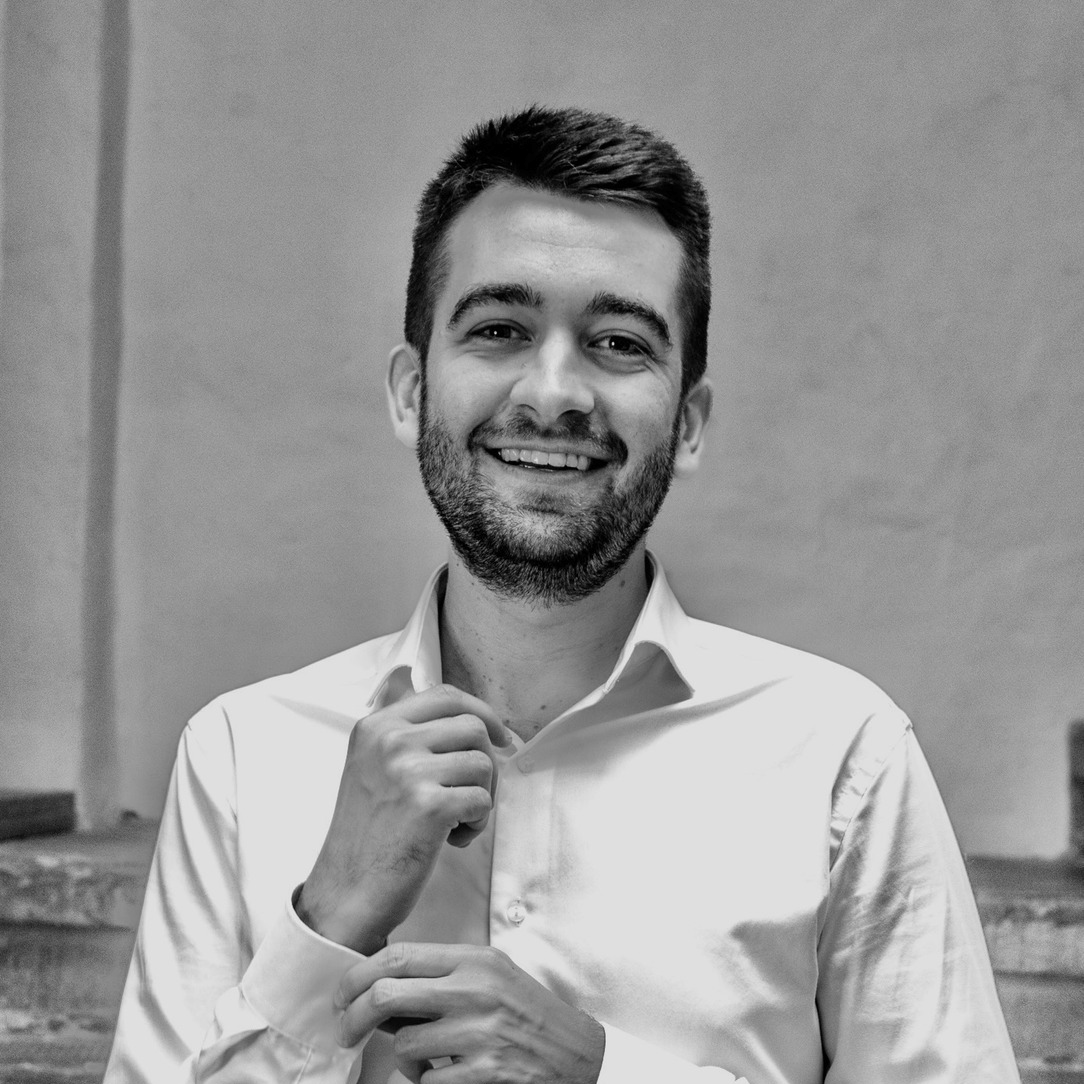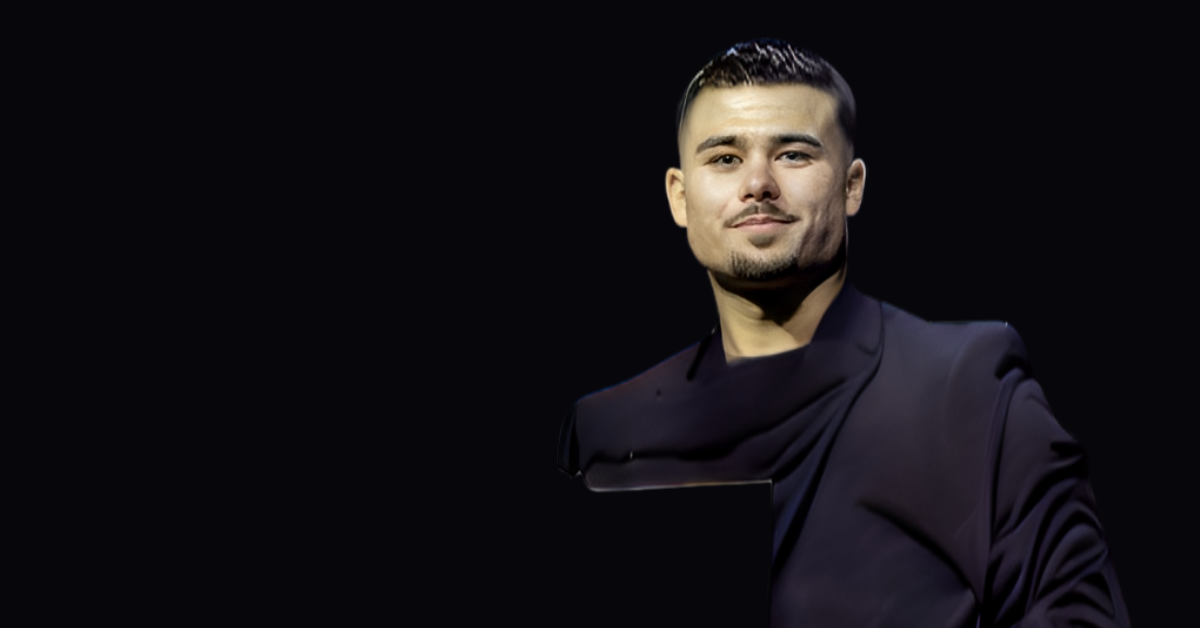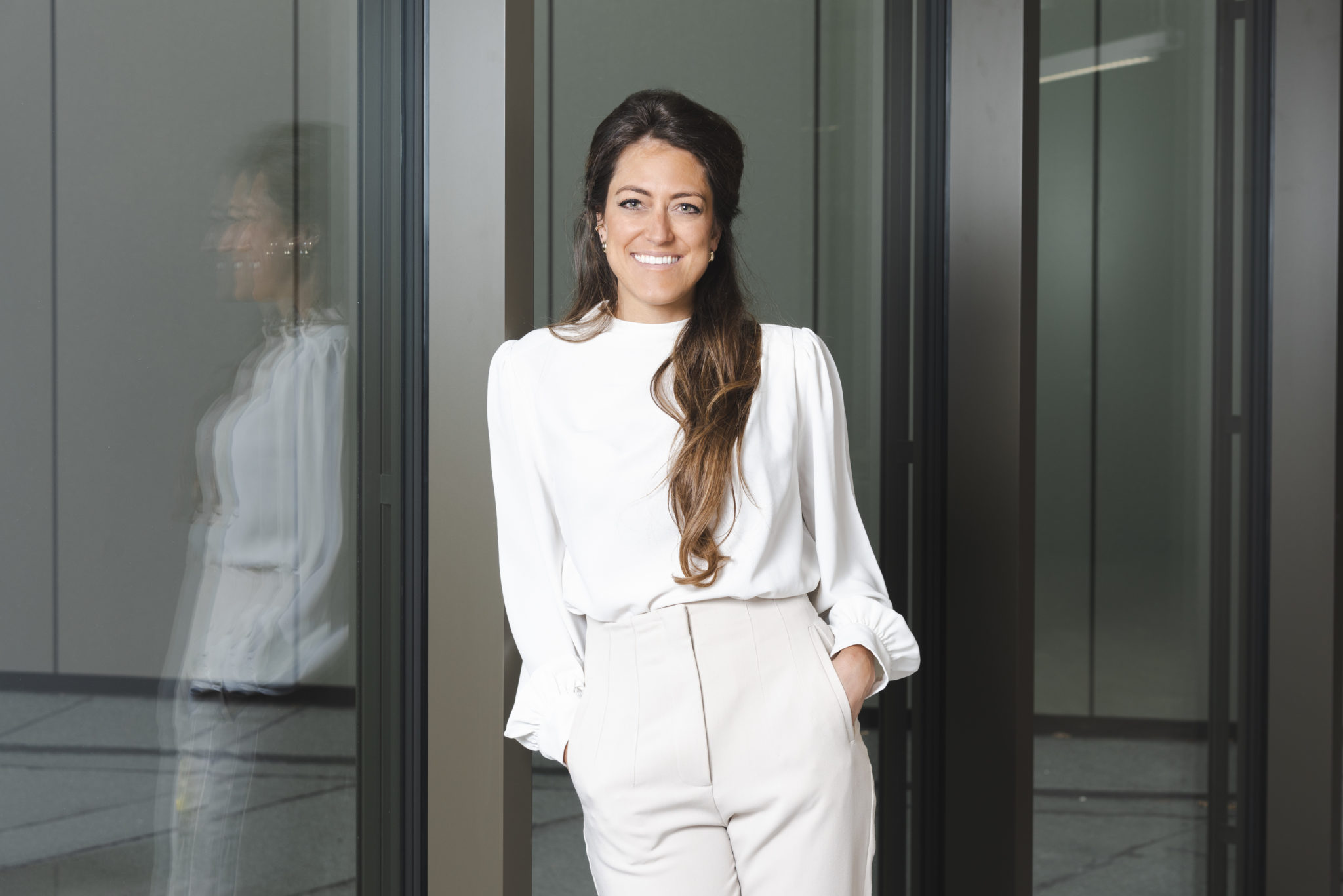Interview
Céline Lavergnat
Hello Céline,
A graduate of the École Hôtelière de Genève, Céline Lavergnat has built a remarkable career in hospitality and events. Currently Food & Beverage Director at Paléo Arts & Spectacles, she puts her expertise at the service of an emblematic event, combining innovation, sustainability and excellence. From managing a restaurant in Geneva to playing a key role at Paléo, and working with EHG on VIP catering, Céline embodies the ambition and versatility of École Centrale Paris graduates.
Your career path is remarkable, from running a restaurant in Geneva to your role at the Paléo Festival. Which key skills acquired at EHG have helped you most in these different stages of your career?
These include technical skills related to the restaurant business, such as oenology and wine knowledge, service and cooking, of course, as well as notions of management, promotion, accounting and marketing. But also, and above all, the interpersonal skills that EHG teaches: resilience, determination, team cohesion, leadership and empathy. A good manager or operator needs to be able to put himself/herself in the shoes of his/her customers, but also of his/her team, before making a decision.
The Paléo Festival is a veritable institution. What do you think sets it apart from other festivals, and what makes it so special?
Its identity and those who embody it! It’s not a company, but an association. As such, we (the permanent team) are accountable to the association committee and its members. All decisions are taken in the interests of the public, volunteers, artists and partners.
There’s a perpetual quest to create an “experience” that goes beyond a simple succession of concerts. The passion that unites us and the values of respect and innovation are the driving force that keeps the machine running all year round (yes… not just 2 months!).
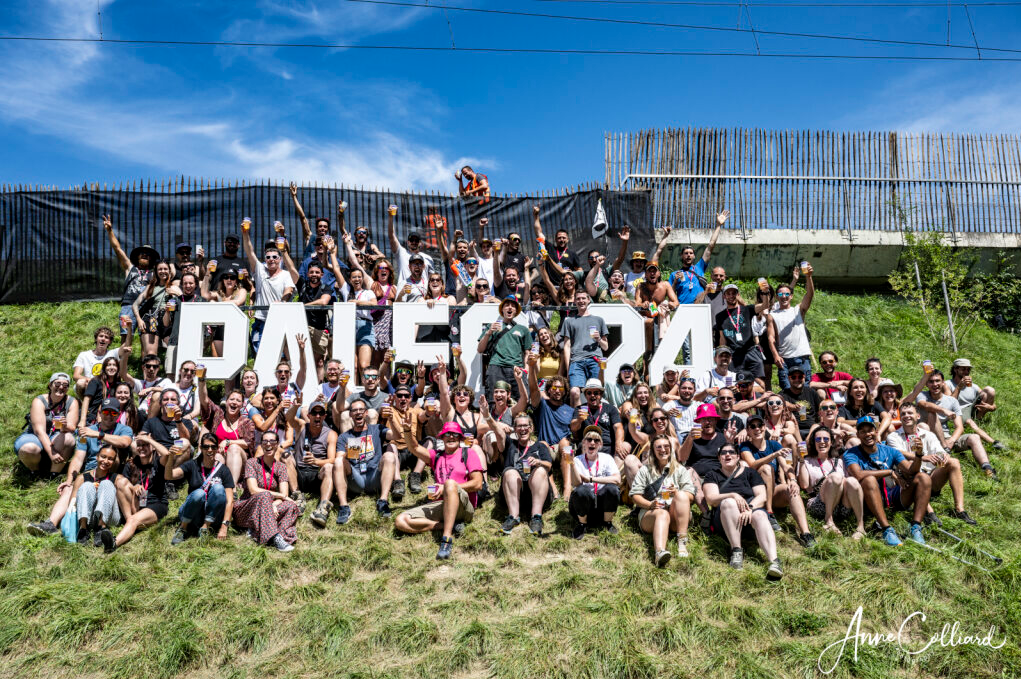
Congratulations on your recent A Greener Future Award! You were also nominated for Best Festival in Europe. What does this recognition mean to you and your team?
The greatest recognition we have is that of our audience! In fact, it’s thanks to their mobilization that Paléo has been nominated. We’ve already won this prize in the past, but there’s stiff competition from major European festivals that are well known beyond their borders. But that’s where our pride lies: in our loyal, ultra-local audience.
“We’ve been concerned about the environment for over twenty years, when the term ‘sustainability’ was making its first appearances.”
The festival also stands out for its sustainable initiatives. Can you tell us about your efforts to make the event more environmentally friendly?
It’s a never-ending challenge! We’ve been concerned about the environment for over twenty years, even as the term “sustainability” was making its first appearance. Paléo was a forerunner in integrating returnable cups. It’s worth noting that, at the time, this was something that was just starting to appear at events.
It was the association that set us the goal of doing just that, back in 2009! But there were no local players at the time, and on the scale of Paléo, our needs were out of the ordinary, just like the crockery in recent years! So we approached Ecocup( nowre-uz ), a company based in France, and set up an ephemeral launderette on our premises every summer, since industrial laundries as we know them today(Ecomanif, Propre, etc.) didn’t yet exist.
It was inconceivable and totally inconsistent with our approach to send dirty cups back to Le Boulou (Ecocup’s headquarters) to be washed, as this would require us to transport a single quantity of cups for the entire Festival, taking away all our flexibility and going against our environmental approach, of course! So, for 15 years, we had an ephemeral laundrette on site, with 300 volunteers who washed and reconditioned our cups to the sound of the music.
In 2024, this concept evolved, as local companies now existed, and with the addition of crockery, the volumes became too large for us. We therefore collaborated with Ecomanif in Yverdon, which takes care of washing all this material. But we don’t despair of an industrial laundrette being set up a little closer to home, to further reduce transport emissions of course!
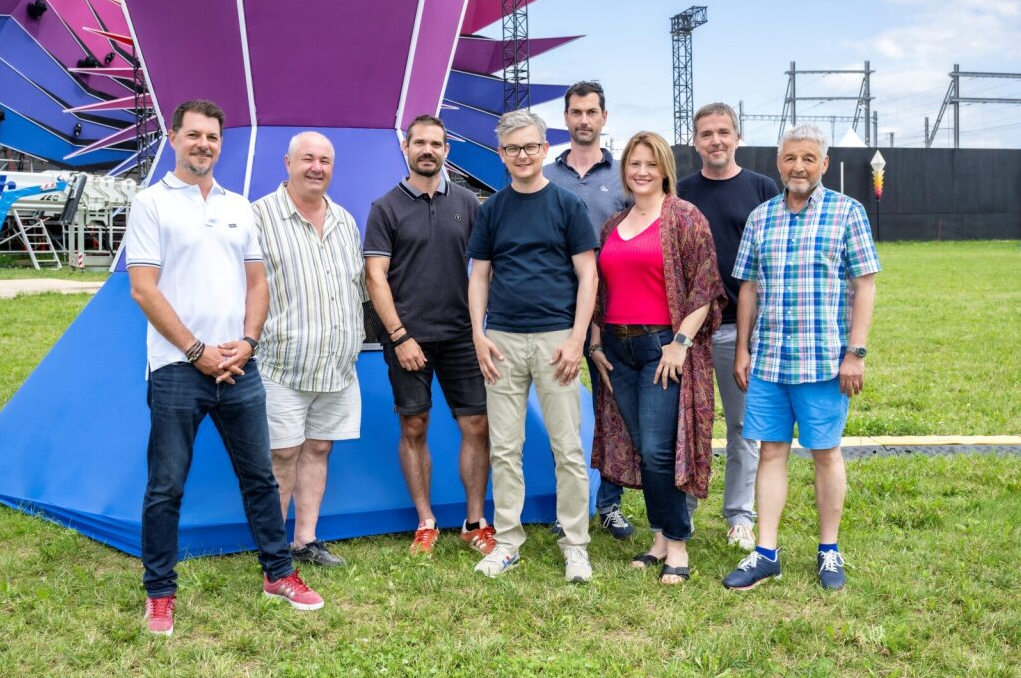
Every edition of Paléo seems to bring something new. How does the team manage to evolve the event each year while remaining true to its identity?
We embody the values that the Association stands for, and this is what enables us to remain true to the Paléo identity. Innovation is an integral part of these values: every year, from September to January, we devote all our energy to seeking out new things, new creations for our audience to discover, to make the experience ever more stimulating.
We’re also lucky enough to have the Village du Monde, which takes us out of our comfort zone every year by showcasing a region of the world, a festival within the Festival: music, food, drinks, entertainment… it’s a great challenge for the teams! In 2025, we’re heading for the Maghreb!
We know that the École Hôtelière de Genève is actively involved in catering for the VIP section of Paléo. Can you tell us about this collaboration and what it brings to the overall guest experience?
Firstly, it’s a collaboration I’m very proud to have initiated! When I joined the organization in 2006, Paléo was working with another caterer, who had ceased operations. After a few unhappy experiences with other services, I approached the EHG, which was just launching its catering service… and the mayonnaise took.
Now it’s a real pleasure to work with the EHG, we’re part of the same family and the feedback we get from our guests is dithyrambic: they appreciate the quality of the food, but also (and above all) the smiles on the faces of the students and staff who serve it. That’s what brings us together: smiles, the ones we give and the ones we receive!
Attracting internationally renowned artists is a real challenge. Can you tell us how Paleo manages to convince these artists to join its stage? Are there any exclusivities or announcements for 2025?
If I worked in programming, of course I could tell you! Alas, I’m better at programming the bars and stands, with my crack team!
What’s certain is that it’s a job for a fine negotiator, and one for which you need a lot of patience. I think the adage “good things come to those who wait” applies well to my colleagues in the prog’.
Unfortunately, my lips are sealed until March 18, the date of the official announcement of our full program, which will be accessible via live streaming on our website, so only a few more sleeps to go!
What was the biggest challenge you faced in your role as Food & Beverage Director, and how did you overcome it?
I can’t think of any major challenge in relation to the Festival. However, the one I’ve encountered personally, and that many people experience, is imposter syndrome! And I don’t have a miracle cure, other than perseverance and experience, which sometimes lead us to achieve more than we think we’re capable of!
What qualities do you think a person should have to succeed in a role like yours?
It’s hard to pinpoint qualities like that. Certainly, at times, you have to be stubborn and determined, while at the same time knowing how to listen and be critical of yourself and others… with kindness, of course! And also a good dose of patience.
If you could give young Céline one piece of advice at the start of her career, what would it be?
Believe in yourself… and save some money!


